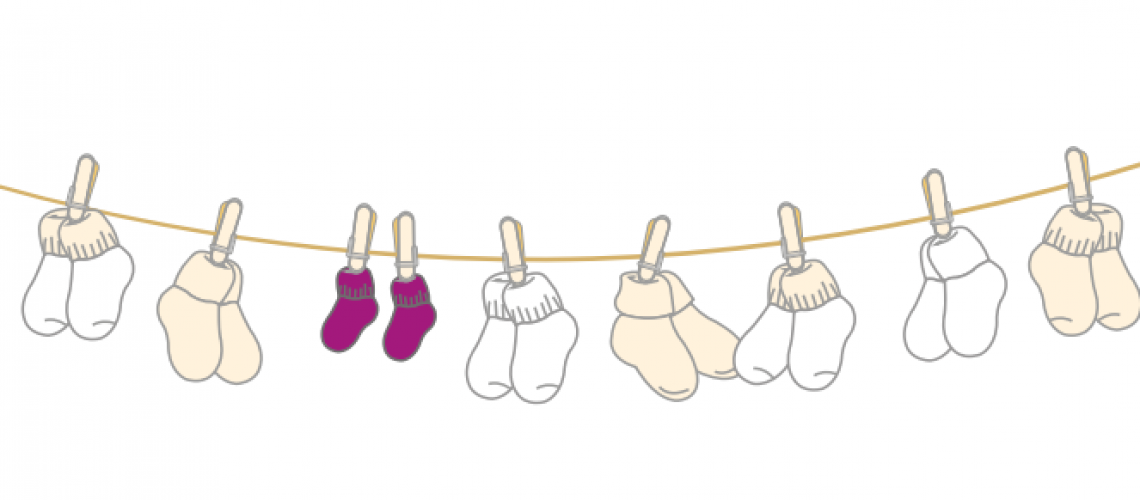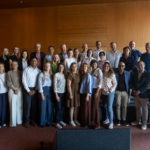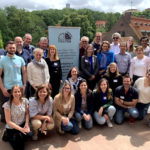To mark World Prematurity Day, we asked members of our Patient/Consumer Advisory Board to share their personal reflections on this year’s theme, A Parent’s Embrace: a powerful therapy, and their thoughts on the positive outcomes it can bring for both parent and baby.
Fabiana Bacchini remembers well her first experience of skin-to-skin contact with her son Gabriel, who arrived at 26 weeks of gestation weighing only 900g. “Two days after I gave birth, the nurse asked me if I wanted to hold him. It made me catch my breath to see him hooked up to so many machines and monitors,” she said.
“The nurse calmly placed him on my chest. He was warm and looked so fragile but as soon as I touched him, I felt this unconditional love and all my worries disappeared. I held him skin-to-skin almost every day; it gave me the feeling that we would fight together to bring him home.”
When Gabriel became very sick and was put on a ventilator, skin-to-skin contact was made more challenging, but Fabiana was still able to hold her son. “It took an entire team to transfer him to me and a respiratory therapist needed to hold the wires for an entire session of kangaroo care,” said Fabiana.
For Fabiana, being able to experience skin-to-skin contact with her newborn was a life-changing experience and one which benefitted not only her son but also brought her peace as a parent. “It was the only time I felt I was his mum,” she said.
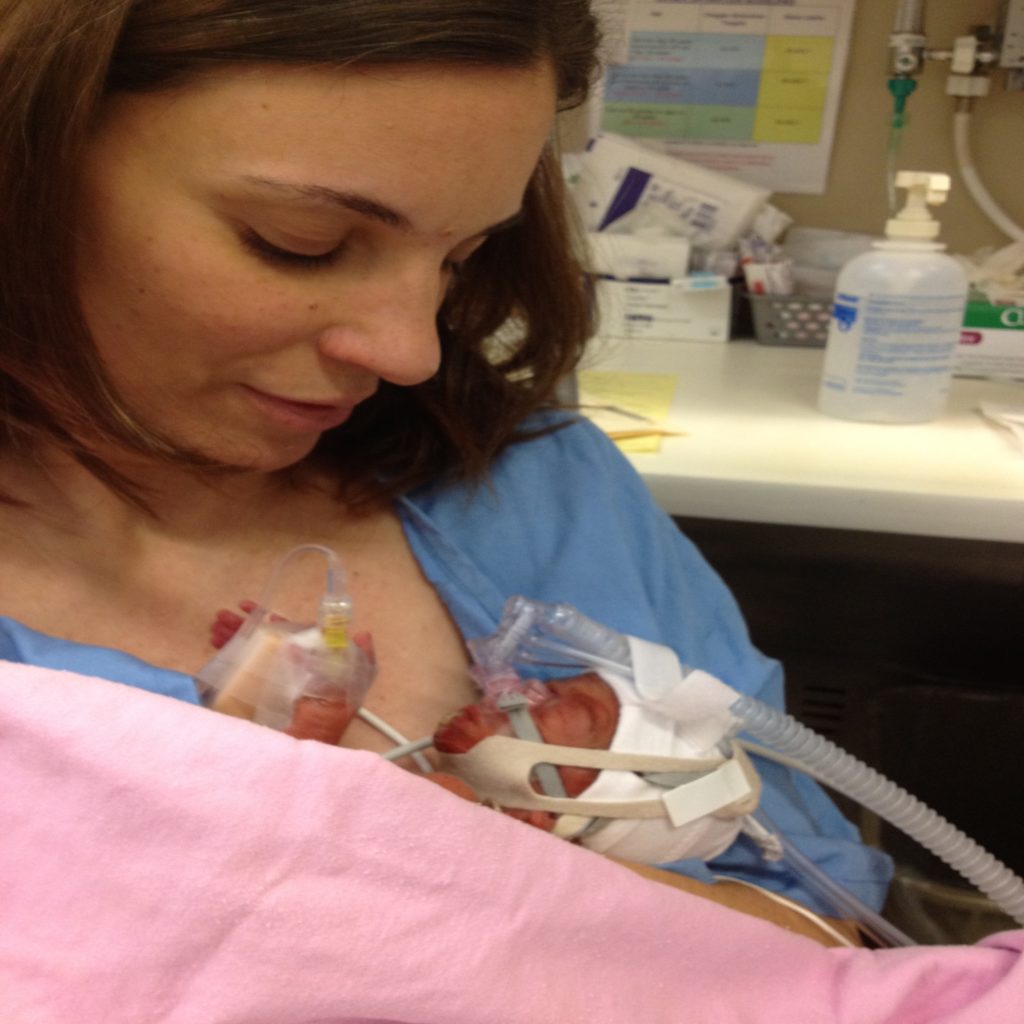
We know that the bond between parents and baby is essential, especially in the early weeks of life. Besides helping to form and nurture family relationships, skin-to-skin contact has been shown to have other protective effects, including improvements in the newborn’s thermal regulation and benefits for their behavioural and brain development.
While practices such as kangaroo care, where the baby is placed on the parent’s chest, is widely encouraged nowadays for preterm and sick babies, unfortunately it wasn’t an option available to Livia Nagy and her son.
“This is what I missed the most during our NICU journey,” said Livia, whose son was born at gestational week 27. “At that time, kangaroo mother care was recommended by the World Health Organisation for babies in a stable condition, but it wasn’t practised at all in my son’s unit”.
Livia’s son spent 14 weeks in the NICU and during this time he was accessible to his parents for only 20 minutes at a time, twice per day. “If I got permission to touch him, the farthest I could go was to put my hand inside the incubator,” said Livia.
Livia says that this separation early in life has not helped him thrive. Not only did he miss out on the important bonding experiences inspired by a parent’s embrace and the benefits of skin-to-skin care, he also couldn’t be breastfed.
“These may seem like simple things,” said Livia, “But we’ve known for a long time and have the evidence that they contribute to making a difference in long-term outcomes for the child.”
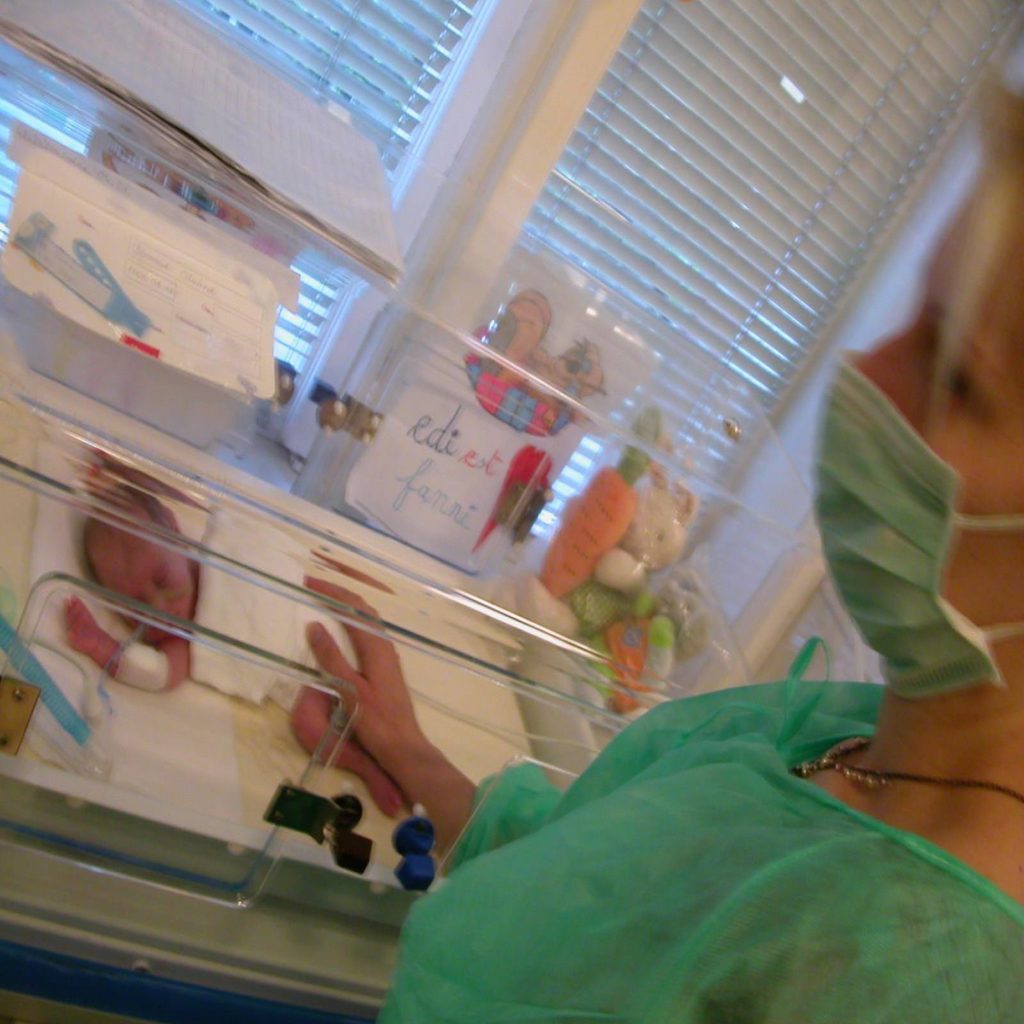
In recent years, the COVID-19 pandemic has brought about other stories of family separation as hospitals around the world limited access to the NICU – leading to situations of parents and babies being kept apart. This has been documented in a study led by EFCNI entitled Zero separation. Together for better care! Infant and family-centred developmental care in times of COVID-19 – A global survey of parents’ experiences.
2,103 parents from 56 countries participated in an online survey with some alarming findings. More than half of the participants were not allowed to have a support person present during the birth of their child. One in five parents reported a strict separation from their hospitalised newborn. Geographic differences were identified showing that separation was more of an issue in some locations than others.
While 46% of the participants were able to have skin-to-skin contact during the first week, only 10% indicated that it was initiated immediately after birth. Unrestricted skin-to-skin contact was only reported by 30% of parents. Touching the infant in the bed or incubator was possible for 79% of the participants, however, only 53% could do so as often as desired.
Vera Bikicki Ivezić’s first set of twins was born preterm and her eldest son has moderate cerebral palsy. “When my sons were born in 2008, there was no skin-to-skin programme in the hospital. It did not affect my relationship with them but it certainly affected their development, and for that I am very sorry.”
“These programmes do now exist in the hospital, but due to the COVID-19 pandemic, they are not implemented in full capacity,” added Vera.
While pandemic restrictions have generally begun to ease, equity issues to the NICU still remain and many families continue to be faced with hurdles to dedicating the time they would like to their newborn, for example if they live far from the hospital. Preterm babies can spend several months in the NICU until they’re able to go home. This leaves many parents facing a balancing act between returning to work, caring for other family members and being able to maintain the close contact they would like with their infant.
More resources on the topic of zero separation, including the full report mentioned above and publications, can be found on EFCNI’s GLANCE website. The EFCNI website also includes information about skin-to-skin contact.

